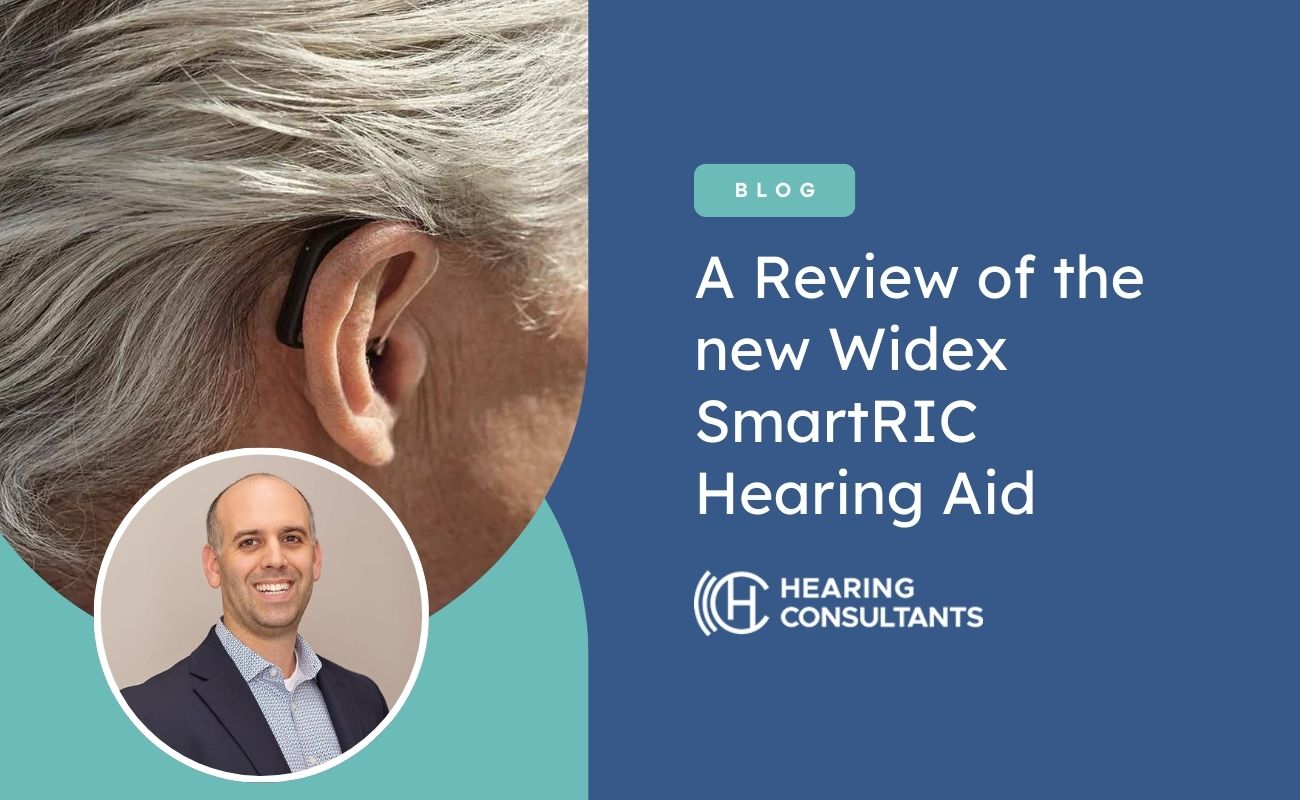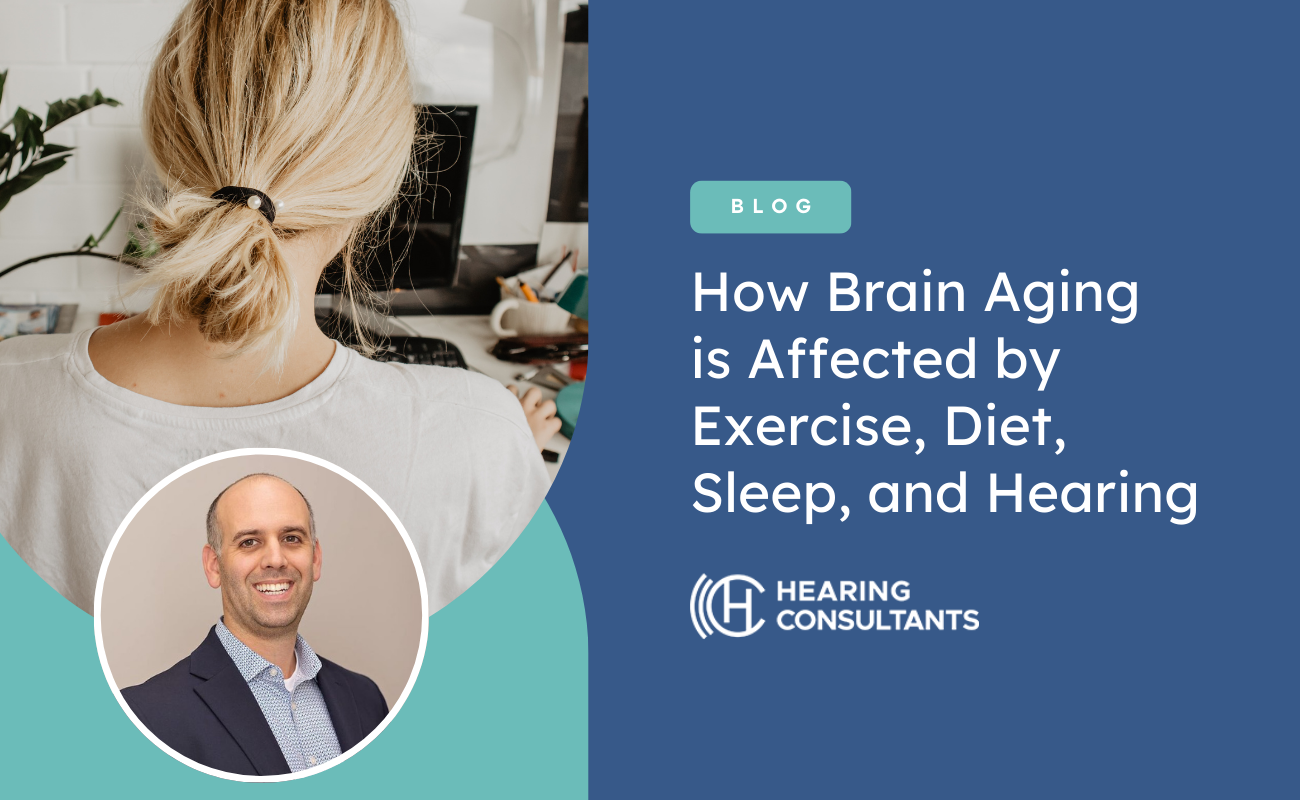Avoiding Hearing Tests Could Make the Problem Much Worse
Hearing loss, unlike most disorders, is invisible and develops over time, making it challenging to identify and mark as a problem. If you've ever had a conversation with someone who seemed to misunderstand or forget what you just said or who kept asking you to repeat yourself, they most likely had hearing loss.
The facts are staggering: 48 million Americans have hearing loss, and 90 percent could benefit from hearing aids. But only 14 percent have them—and many don't use them with any consistency. The average age of first-time hearing aid users is approximately 70, even though half of them began to lose their hearing at least a decade earlier. That is a pretty long time not being able to hear the world around you. You may wonder what's the harm in waiting. You probably think you can get by without too much of a problem.
If you don't use it, you will lose it!
Consider what happens to a person's arm after it has been in a cast for months. Once the cast is removed, the arm will typically look smaller and less muscular than before the break. This process can be defined as atrophy. If you don't use your arm for an extended period, you lose muscle mass and strength. This "use it or lose it" concept can also be applied to our hearing. However, the most significant difference between the two is that you can rebuild muscle mass after a broken arm. Because hearing happens in the brain, a hearing loss that has been left untreated for too long could affect your cognitive processes and re-wire your neural pathways.
The Dangers of Untreated Hearing Loss
Untreated hearing loss has physical and psychological consequences that far outweigh the inability to hear well. Hearing loss has been linked to depression and social isolation, paranoia, and personality changes like becoming more introverted. Hearing loss has also been linked to a greater risk of falling. Data from the National Health and Nutrition Examination Survey show a three-fold increase in the risk of falls among people with a very mild hearing loss, making it extremely dangerous to walk independently with hearing loss.
In the workplace, untreated hearing loss contributes to underperformance. More than half of people with hearing loss are under age 60—prime working years—and they are the least likely age group to get hearing aids.
It turns out that all of the people who can't hear in restaurants or other noisy places, whose loved ones "mumble," who can't hear on the telephone—all those people who say they don't need hearing aids—are putting themselves at greater risk for cognitive decline. This can increase the risk of dementia. Clinical research has shown that hearing loss is found in nine out of ten subjects with dementia. This could be because those with hearing loss are more likely to isolate themselves, which is a risk factor for faster cognitive decline.
Hearing loss is a common condition
Some people with hearing loss think they hear—and understand—perfectly well. Others assume that the loss is part of aging. Some people with hearing loss simply can't afford hearing aids. Some worry that hearing aids will make them seem old. While these people are concerned about money and appearances, their hearing loss is not only getting worse; it's also becoming a hazard to other aspects of their life and health.
Think about the sounds that make up your world and your life. You want to preserve this vital sense for as long as you can. Studies have shown that the more proactive you are about your hearing health, the faster you pursue amplification once you are a candidate for hearing aids, the greater the possibility of the progression of the hearing loss slowing down somewhat.
It is important to note that this does not mean that hearing aids can stop your hearing loss from getting worse. However, they have been proven to keep the hearing organs and nerves functioning longer than if aids are not used.
If you have been delaying getting a hearing test, don't put it off any longer. Please schedule an appointment for a hearing test today with us today! You have nothing to lose and so much to gain.
Get in touch with
Hearing Consultants
Contact our clinic to schedule an appointment today!







